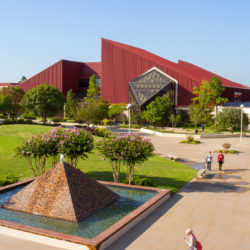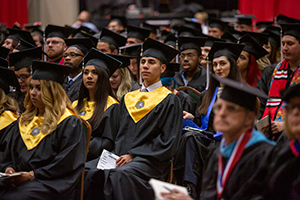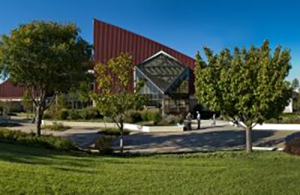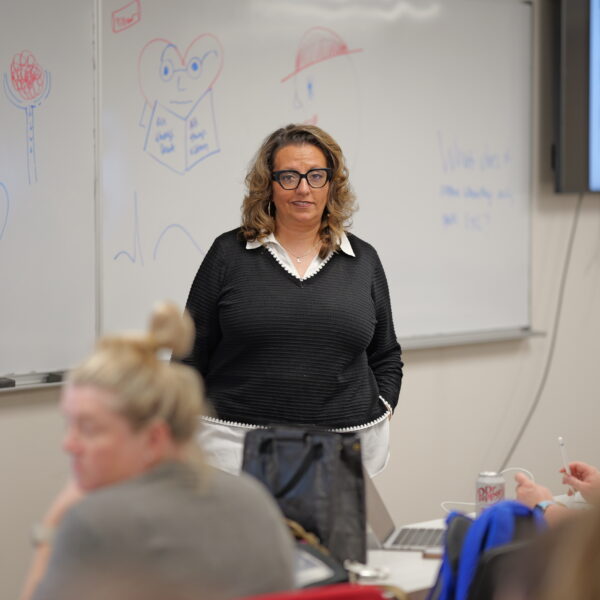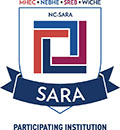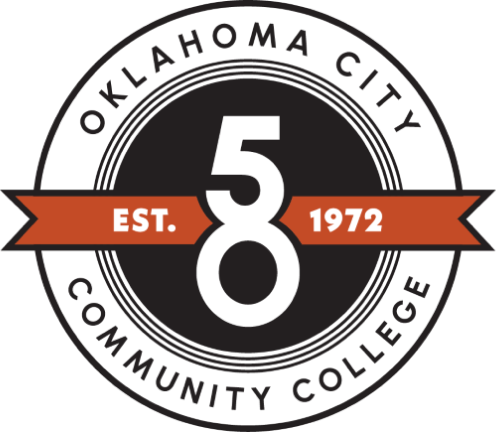On Nov. 8, colleges and universities nationwide observe National First-Generation College Celebration Day, honoring the achievements of first-generation students, faculty and staff.
This year’s celebration also marks the 60th anniversary of the beginning of TRIO. It was created through federal legislation from 1964 to 1968 that opened doors to higher education for many underrepresented groups. Key programs like TRIO — known for initiatives such as Upward Bound, Student Support Services, and Equal Opportunity Centers (EOC) — have become essential in helping students turn their academic and career goals into reality.
For many first-generation college students — those whose parents did not complete a four-year college degree — college can bring unique challenges. Without family members who have experienced college themselves, these students often struggle to navigate the college system, secure financial aid, and balance their academic responsibilities with other aspects of their lives. At Oklahoma City Community College, more than 20% of students fit this description, highlighting the need for support programs.
Crystal Mohamed, director of TRIO grant programs at OCCC, emphasized the importance of helping students who need it most.
“TRIO is all about breaking down barriers for students who may feel that college is out of reach,” she said. “We provide individualized support that equips students for success.”
Many OCCC students have benefited from this support, including Teonna Brown, a first-generation student and president of the Black Student Association (BSA).
“No one in my family has ever stepped foot on a college campus,” said Brown. “TRIO helped me find resources and showed me that I can break barriers and inspire others to do the same. Being the first in my family to go to college is all about building a legacy and showing what’s possible.”
Similarly, Bradlee Sanchez, another first-generation student and member of TRIO, shared how the program has helped him adjust to college life.
“The hardest part of being first-gen is not knowing what resources are available,” he said.
Thanks to the TRIO program, Sanchez learned about scholarships and student activities, allowing him to help other students in similar situations.
He is set to graduate next spring — a milestone his parents could only dream of.
OCCC’s Equal Opportunity Center (EOC), also known as GRIT (Guidance for Realizing Individual Transformation) was established in 2022 and serves over 800 students each year. The program focuses on meeting the unique needs of adult learners, including first-generation individuals, veterans, and other underrepresented groups in the Oklahoma City metro area.
Colin Layne, TRIO program coordinator for EOC/GRIT, is passionate about supporting students’ goals.
“Every day, I see someone realize their dreams and take a step closer to a better future,” he said. “It’s an honor to help them along the way.”
At OCCC, the TRIO programs serve as a road map to success, offering more than just resources for students. Through services like GED preparation, workforce readiness training, financial aid guidance, tutoring, academic advising, and career counseling, TRIO helps students build a solid foundation for their educational pursuits.
Join us for the First-Gen Celebration on Nov. 13, from 11 a.m. to 12:30 p.m. in the General Dining Area. Attendees can look forward to engaging discussions and opportunities to connect with other first-gen students, faculty and staff.
For more information about OCCC’s TRIO programs, visit www.occc.edu/trio or contact the TRIO Office at (405) 682-7865.
